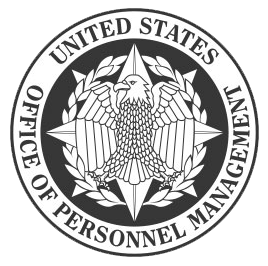Health Care Reform FEHB Fast Facts
Q: How Does the Affordable Care Act’s Individual Shared Responsibility Provision and the Requirement to Maintain Minimum Essential Coverage affect me?
A: Refer to the IRS Website at https://www.irs.gov/affordable-care-act/individuals-and-families/individual-shared-responsibility-provision-minimum-essential-coverage
